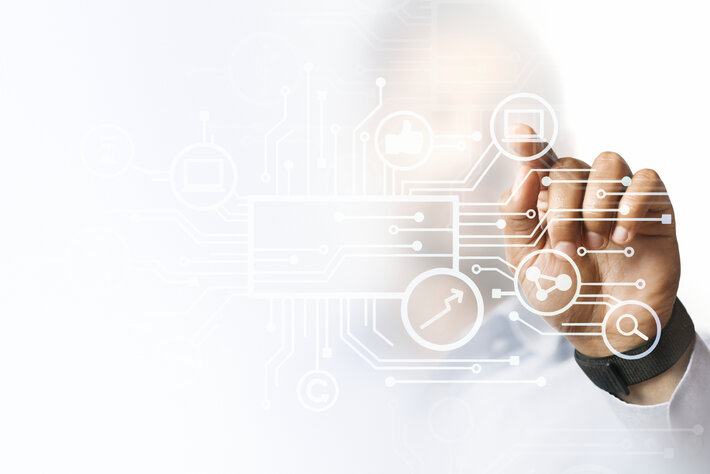Santa Clara, Calif, USA. 16 March 2022 – New research from Cloudera, the enterprise data cloud company, reveals more than one quarter (26%) of business decision makers are now putting increasing investment in environmental, social and corporate governance (ESG) ahead of developing new products/services (24%) or accelerating financial growth (21%).
Additionally, knowledge workers believe as much as 49% of the data their business uses on a day-to-day basis should be focused on doing good for the communities it serves. This is a sentiment 52% of business decision makers agree with a clear indication that profit and ESG are no longer mutually exclusive pursuits.
These findings are revealed in Cloudera’s Limitless: The Positive Power of AI Study, which surveyed 2,213 enterprise business decision makers including 54% C-Suite representation and 10,880 knowledge workers in the USA, EMEA, India and APAC. It shows that ESG is identified as a top priority for business leaders and those who fail to act for the good of communities put business growth and talent at huge risk. The study also examines the shift in attitude towards AI, Machine Learning (ML) and Data Analytics across enterprise decision makers, including C-Suite, and knowledge workers. The data shows that all the pieces are in place for this to be the right moment for companies to accelerate their AI/ML strategy.
Failing to act for social good puts business growth, and talent, at risk
Almost a quarter (24%) of business decision makers and over one in five (22%) knowledge workers believe that their company should be publicly supporting sustainable business practices. In addition, the vast majority of knowledge workers (81%) argue there is a need to use AI to deliver more sustainable business practices that benefit both their organisation and the communities it serves.
But that said, less than a third (31%) of business decision makers are active regarding the implementation of these technologies and have a limited understanding of how they work. Companies that address these gaps now gain a real competitive advantage in the battle for customers and talent. If businesses truly want to embed sustainability at their core, leaders must start to use data to deliver more sustainable outcomes and quickly. Failure to act and 23% of knowledge workers and 27% of business decision makers believe employees would leave the business. This could be a business destroying move amidst a global talent shortage, especially if all of a company’s competitors are addressing the gap.
“It’s my sincere belief that using big data and AI to make more sustainable business decisions will be a critical aspect of future competitiveness,” says Erica Orange, VP at The Future Hunters. “A core part of this will come down to rethinking business success metrics to go beyond profit-driven metrics and focus on real environmental impact.”
Fear of losing jobs to AI is replaced by a focus on investment in reskilling
The research findings also dispel the long-held belief that workers were afraid of AI taking their jobs. An explosion in the volume of data now available to businesses has made AI/ML a common thread to many job roles and a powerful ally. Over half of knowledge workers say their daily tasks have been augmented or automated by AI (55%), ML (51%) and Data Analytics (63%) in the last 12 months. The biggest benefits of this have been saving time (37%) and allowing them/their team to focus more on strategic work (35%). What’s more, 80% of knowledge workers are now comfortable taking on a new role due to AI/ML/Data Analytics.
To capitalise on this, businesses have to do more and invest in employee reskilling. Nine in ten (91%) business decision makers said their organisation will commit to continuous investment in reskilling employees as more tasks are automated. But the investment in people can’t stop there. Companies also need to make employees partners in the upskilling and reskilling processes to ensure a level playing field for staff.
“The results of this study reveal a new wave of economics, focused on doing equally great things for profit, planet, and people driven by automation and AI is emerging,” says, Mick Hollison, president, Cloudera. “For business leaders this means it’s time to refocus how they think about technology investment identifying not only the data that will support growth, but also the technology that will help employees and communities gain meaningful access to it. At Cloudera, we work with our customers to transform their economic output with Data Analytics and AI.”
Comment on this article below or via Twitter: @IoTNow_OR @jcIoTnow










